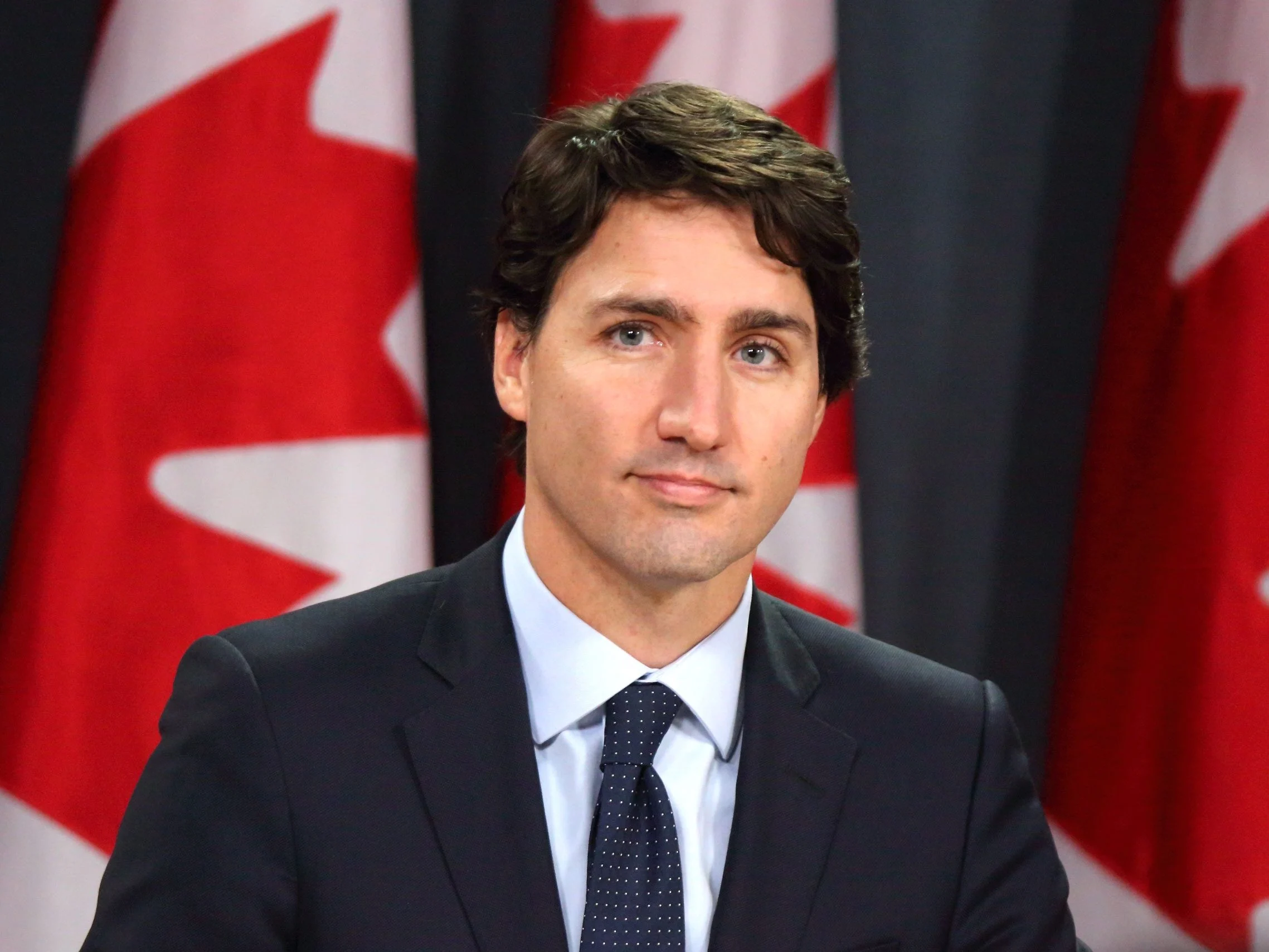The proposed federal coverage extends to medications and devices for the approximately 3.7 million Canadians diagnosed with diabetes and the country’s nine million individuals of reproductive age, among whom many depend on contraceptive drugs.
Various forms of insulin, essential for both type 1 and type 2 diabetics, will be included in the coverage. The federal government reports that these medications can amount to between $900 and $1,700 annually for patients.
Metformin, a medication prescribed for individuals with type 2 diabetes, priced at approximately $100 per year, is part of the coverage.
Additional drugs commonly used in conjunction with insulin and metformin for managing type 2 diabetes, such as Sulfonylureas and SGLT-2 inhibitors, are also included. The cost of these medications ranges from $100 to $1,000 annually, as stated by the government.
Separate from the bill, the Liberals have pledged to establish a fund accessible to provinces and territories to cover diabetes devices and supplies. This fund could potentially cover expenses for syringes, insulin pens, pen tips, insulin pumps, glucometers, test strips, lancets, and glucose monitoring devices.
Regarding birth control, chosen to enhance equality for women and gender-diverse individuals, the coverage encompasses oral contraceptives, estimated by the government to cost around $300 annually. Additionally, copper and hormonal intrauterine devices, priced at up to $500 each, along with injections, implants, vaginal rings, and emergency contraceptives like the morning-after pill, are included.
The overarching goal of the plan is to ensure coverage for all Canadians, irrespective of income level or existing insurance.
Achieving this objective necessitates the cooperation of all provinces and territories, a process that is anticipated to be neither immediate nor straightforward.
If the Liberals and NDP have their way, provinces and territories will have consented to a “single-payer, first-dollar” system for birth control and diabetes treatment. In such a scenario, a single-payer program entails that the federal government bears all expenses, while “first-dollar” signifies that Canadians would not incur any co-pays or out-of-pocket expenses. Ultimately, this translates to zero costs for Canadians.
However, the outcome is less certain if Minister Holland’s provincial counterparts were to negotiate an alternative agreement with Ottawa that could involve Canadians sharing part of the cost. Nonetheless, his office has indicated that any agreements must adhere to the language outlined in the legislation.
The New Democrats aim to commence coverage before the upcoming federal election, slated for 2025, coinciding with the potential rollout of the program in the same year.
However, prior to implementation, the legislation requires approval. Given the NDP’s support for the minority Liberals, passing the bill appears probable, though swift passage through Parliament is not guaranteed.
Upon receiving approval, the legislation mandates the establishment of a committee of experts within 30 days to delineate options for the operation and financing of a national, universal, single-payer pharmacare system on a broader scale.



